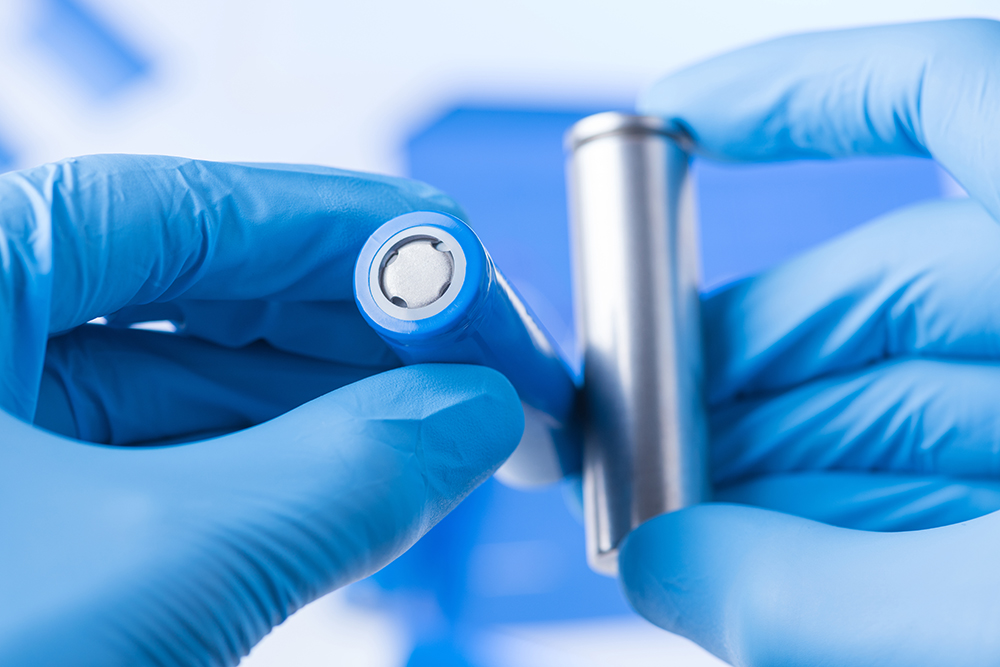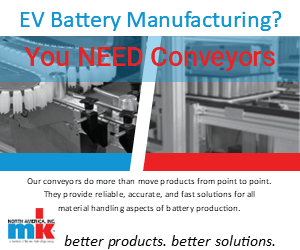Researchers from Tokyo University of Science (TUS) are developing high-capacity electrode materials for sodium-ion batteries (NIBs) and potassium-ion batteries (KIBs) to compete with lithium-ion batteries (LIBs).
In the study published in Advanced Energy Materials, the researchers reported a new synthesis strategy for nanostructured hard carbon (HC) electrodes. HC lacks a crystalline structure—unlike graphene or diamond—and it is also strong and resistant. Researchers examined zinc oxide (ZnO) and calcium carbonate (CaCO₃) HC samples and compared them to magnesium oxide (MgO) samples.
ZnO showed potential for negative electrodes in preliminary experiments. By optimizing ZnO concentration in the HC matrix during synthesis, researchers achieved a reversible capacity of 464 mAh g–1, high initial Coulombic efficiency of 91.7% and low average potential of 0.18 V vs Na+/Na. When integrated into a KIB, the ZnO-templated HC also showed a capacity of 381 mAh g–1, highlighting its potential.
“The NIB fabricated using the optimized ZnO-templated HC as the negative electrode exhibited an energy density of 312 Wh kg–1,” said Professor Komaba, research team leader. “This value is equivalent to the energy density of certain types of currently commercialized LIBs with LiFePO4 and graphite and is more than 1.6 times the energy density of the first NIBs (192 Wh kg–1), which our laboratory reported back in 2011.”
Source: Tokyo University of Science

















































